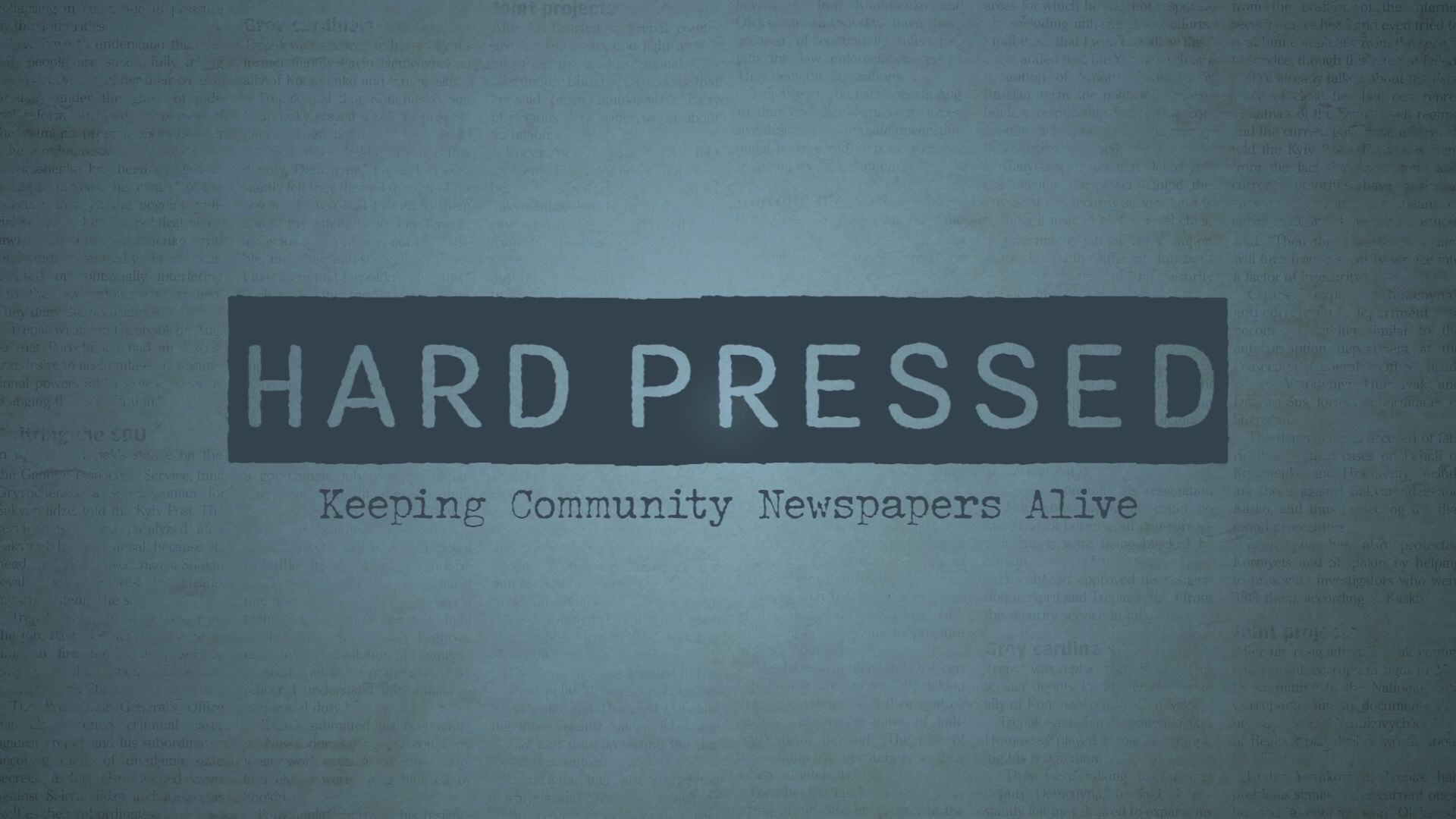"This is the computer geek's version of slang," says 17-year-old Darcie Arredondo. Darcie and her best friend Ruby send messages masked in online lingo all the time. It's a language created by a generation obsessed with communication "Sometimes, I'll be texting Katie, talking to Tera on Myspace and talking to Kevin on the phone," says Darcie."The reason we use it, is all about speed," Ruby says. "The quicker they know, the quicker we get answers." Online lingo is basically a series of abbreviations -- KWIM -- know what I mean.IOW -- in other words -- it's a computer shorthandthat teens learn just by getting online --IYSWIM-- if you see what I'm saying. "I used yahoo chat all the time and I would just watch people like talk because I had no idea what they were saying," Darcie says. But, experts say parents should look out for the acronyms that are tell-tales signs that a chat room stranger is interested in more than just talking. "The more you educate yourself, the more capable you are of protecting your child," says Feather Berkower, a social worker who runs a workshop called Parenting Safe Children."Learn the language, learn the sites, visit the sites with your child.""I was online portraying a 14-year-old girl," says Investigator Steve Rolen. He worked undercover with the Colorado Bureau of Investigation tobust sexual predators on the internet. He says every sexual predator, within minutes, alwayssent the letters, "ASL."That means age, sex, location. It is a common questionasked by legitimate teens in chat rooms, but onethat Rolen says should be treated with caution. "It's justunfortunately a lot of information given very quickly to apredator."Rolen saysanother commonterm predatorsuse if PIC -- asking a teen for a picture. Also,he says the big onesare LMIRL -- let's meet in real life; F2F -- let's meet face to face; WTGP -- want to go private. He also says if yousee ateen typing P911 -- parent emergency or PA -- parent alert, that could mean your child is trying to hide something from you."If secrecy's a theme, it's a sign of possible danger," Berkower says."If a parent sees a dangerous sign or something in a chat room, it's about going to their teen, their child and talking about it. And, doing it in a way where they're building the relationship rather than alienating a child.""My mom will talk to me, be like, 'so Darcie who do you talk to on Myspace' and I'll tell her the truth," Darcie says. She says she's been approached online by an older man who wanted to meet her. Darcie says she told her mom immediately."I've always talked to my kids, so I think it's important to talk to your kids," says Mary Arredondo, Darcie's mother. She says parents should familiarize themselves with online lingo. "At least get familiar with some of the basic ones like these like P911 or WTGP they should know that one cause that's a huge red flag.""No one's saying there's a blue print for this or that's it's easy to do. It may be hard to talk to a kid and you may alienate them," says Berkower. "We can't avoid communication because we think we're gonna alienate them. It's the parents job to figure out how to communicate with their teen."
Teens chat in online lingo
When teens talk in chat rooms or by instant messenger, they're using a language more and more kids are learning, but most parents are not.

